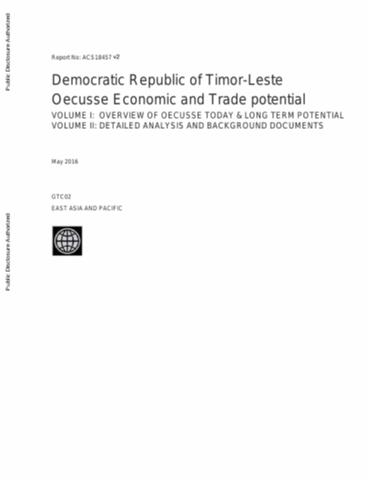Country Partnership Framework for the Lebanese Republic for the Period FY17-FY22
This Country Partnership Framework (CPF)
presents the World Bank Group (WBG) program and the
associated results framework for Lebanon for the period
FY17-FY22. In a fragile and conflict-prone environment, this
CPF aims at mitigating the immediate, and potentially
long-lasting impact of the Syria crisis on Lebanon, while
strengthening state institutions, addressing existing
vulnerabilities, and bolstering efforts on longer term


